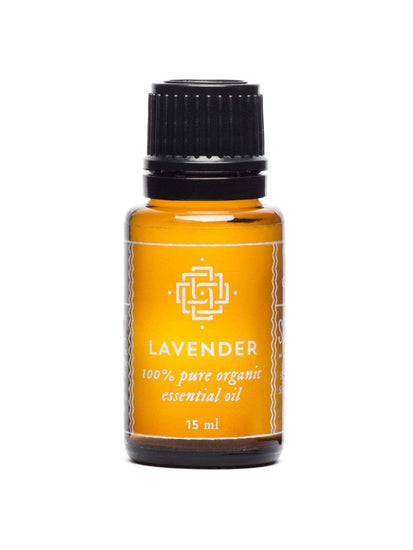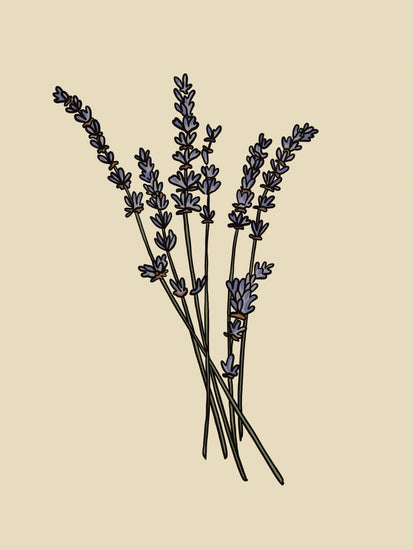Botanical Name: Lavandula angustifolia
Description: Unmistakable sweet, floral and herbal aroma found in body care and perfumes. Lavender oil is a good addition to most skin care products. A skin patch test should be performed before using any essential oil directly on the skin.
Traditional Use: Lavender oil is known for its skin healing properties and its use as a sedative. The herb has been used for strewing, and the flowers are used as an aromatic.
Parts Used: Flowering tops
Color: Pale Yellow
Consistency: Thin
Extraction Method: Steam Distilled
Note Classification: Middle
Aroma Description: Sweet, floral, herbaceous
Aroma Strength: Medium
Blends Well With: Bergamot, black pepper, cedarwood, chamomile, clary sage, clove, cypress, eucalyptus, geranium, grapefruit, juniper, lemon, lemongrass, mandarin, marjoram, oakmoss, palmarosa, patchouli, peppermint, pine, ravensara, rose, rosemary, tea tree, thyme, vetiver
Origin: Bulgaria
Cultivation: Organic, Biodynamic
Safety Data: Avoid during pregnancy. Non-toxic, non-irritating, and non-sensitizing. Do not take lavender essential oil internally.
-
These statements have not been evaluated by the Food and Drug Administration. This product is not intended to diagnose, treat, cure or prevent any disease.
 Fair and ethically
Fair and ethically traded products
- Offering authentic, sustainable products that support artisans, their families, and indigenous ways Learn More...
 Providing a connection to the sacred
Providing a connection to the sacredarts of indigenous communities
- Consciously serving our community for over 22 years with integrity and passion Learn More...
 Living in harmoney with each other
Living in harmoney with each otherand our earth
- Reducing our use of resources with Earth conscious shipping and packaging practices Learn More...
 Fair and ethically traded products. Learn More
Fair and ethically traded products. Learn More
- Offering authentic, sustainable products that support artisans, their families, and indigenous ways Learn More...
 Providing a connection to the sacred arts of indigenous communities. Learn More
Providing a connection to the sacred arts of indigenous communities. Learn More
- Consciously serving our community for over 22 years with integrity and passion Learn More...
 Living in harmoney with each other and our earth. Learn More
Living in harmoney with each other and our earth. Learn More
- Reducing our use of resources with Earth conscious shipping and packaging practices Learn More...




